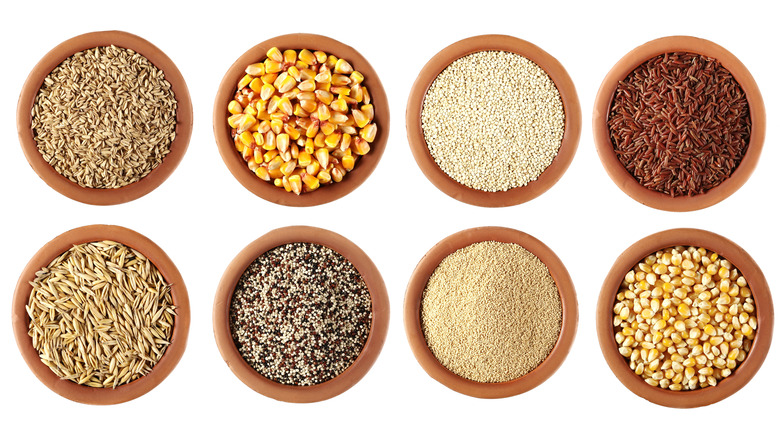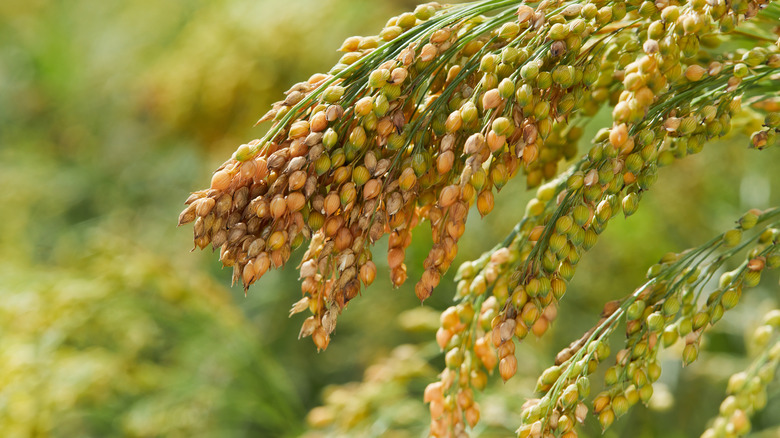How Ancient Grains May Help Ease Future Food Shortages
Any good investor knows that a diverse portfolio is key to avoiding disasters and unforeseen economic downturns. The same goes for the global food economy. A diverse number of foods helps prevent shortages and rising prices when inevitable crises strike, such as major conflicts between large agricultural producers, and massive crop failures. Some experts warn that recently escalating food prices are a sign of our overdependence on a handful of cereals and grains, and that these emergencies are likely to worsen in the future.
According to Food Navigator, UN Secretary General António Guterres said that those living in famine conditions have already increased by more than 500% in the last eight years. He warned that this current food crisis may worsen if not addressed soon. "It threatens to tip tens of millions of people over the edge into food insecurity, followed by malnutrition, mass hunger and famine, in a crisis that could last for years," he explained.
While the shelves of American grocery stores may appear to have more variety than ever, studies have shown that the global diet is actually becoming increasingly more homogenized (via Time). Food Navigator reports that rice, maize, wheat, and soya beans currently provide over 50% of the world's nutrition from plant-based human foods. One expert believes that the key to fixing this crisis is to bring more diverse grains and cereals into our global diet and resolve some of this dependence.
Biodiversity in the food market is key to feeding the future
According to BBC journalist and author Dan Saladino, preserving traditional foodways and ancient grains like millet, sorghum, buckwheat, and amaranth may help ease the looming threat of future food shortages (via Food Navigator). Saladino presents his argument in the book "Eating to Extinction: The World's Rarest Foods and Why We Need to Save Them." He also recently spoke with The Forgotten Crops Society via webinar about the food shortages, and the ways biodiversity can prevent them.
"We could be seeing a lot of innovation and one way of creating more resilience in the system is to de-globalise parts of the global food system," said Saldino. He says that millet is a great example of a forgotten grain that can serve a newly expanded role in the global food system thanks to new technologies. According to Saldino, the grain fell out of fashion because of its laborious processing needs. New technologies can now remove those obstacles, and help provide vital nutrition to countless persons around the globe. When large commodity crops have failures or supply shortages occur, grains like millet can help to fill in the gap without people going hungry.
Saladino says that he's even started to see more interest in large corporations that are aware more diversity is needed, but they haven't yet gone far enough to introduce meaningful changes.

